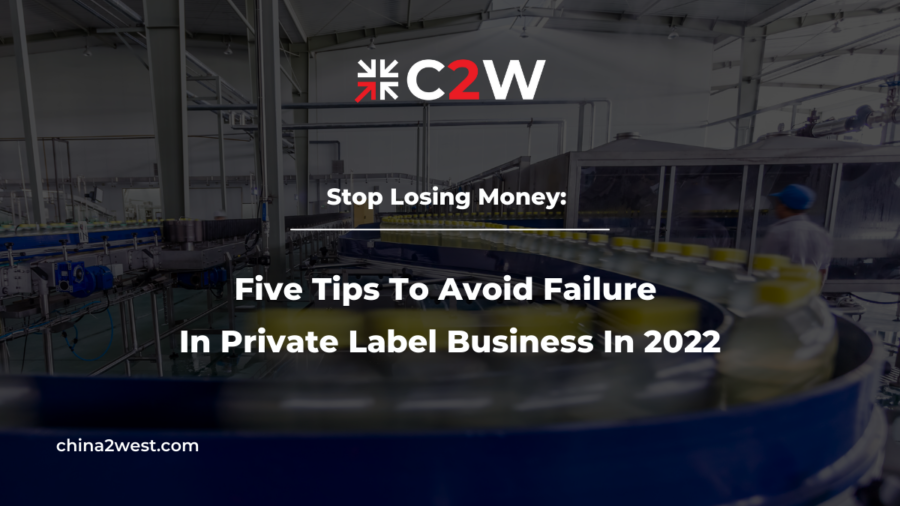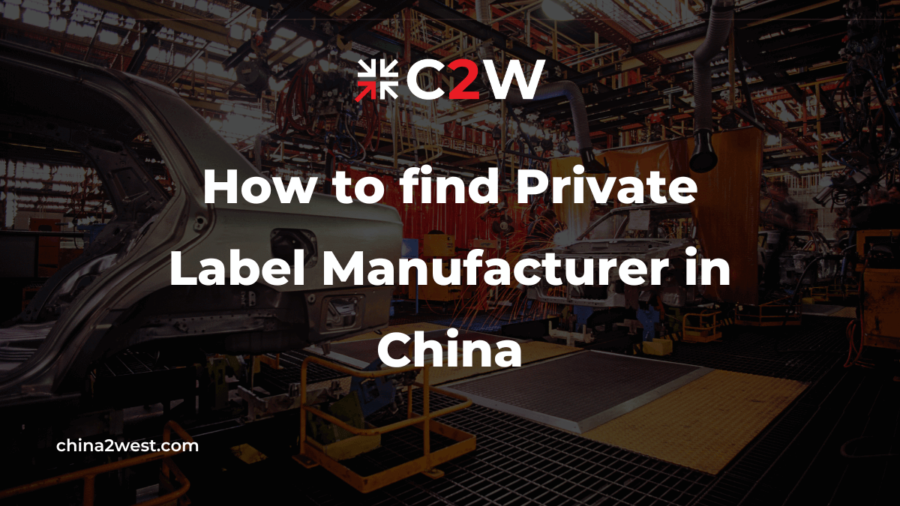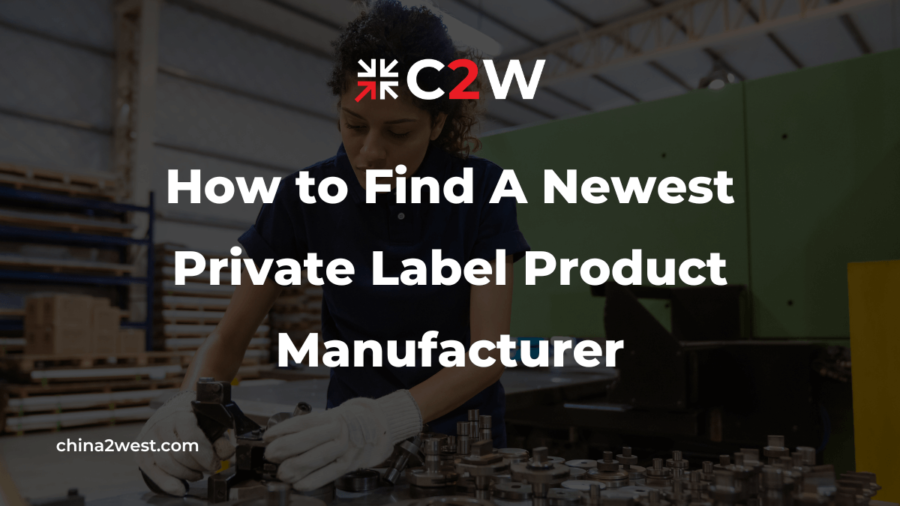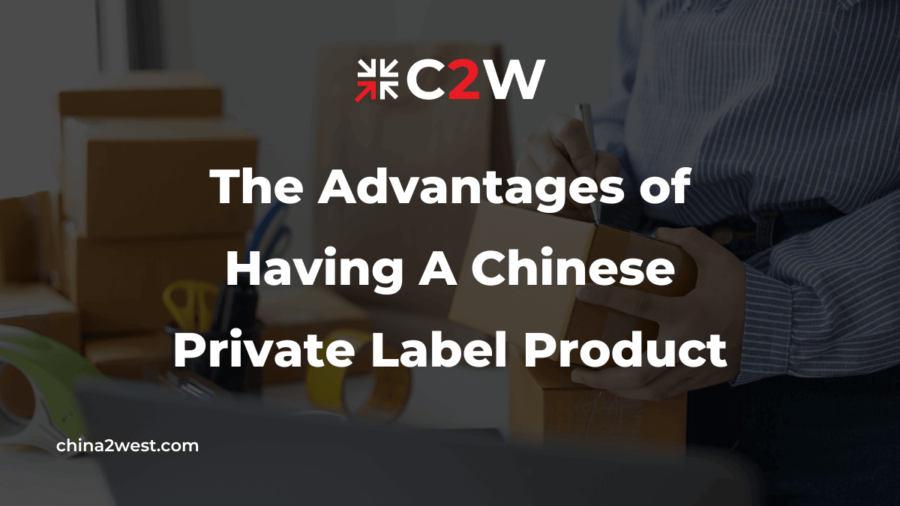Private label market share is generally going up, especially when many online stores are easy to use for both sellers and buyers.
However, many people may overestimate the profits of private label products without fully recognizing some salient points.
In this article, you’ll learn what are private label products and how to avoid failures in selling private label products in 2022.
What Are Private Label Products
Private label products are generic products that are made in bulk by a manufacturer and then customized slightly by another company.
The original manufacturer doesn’t put its name on the products. Instead, the product name will be added by the retailer who is selling it. Also, the retailer can add its logo or other elements to the products if needed.
Private label products can be bulk ordered, dropshipped, or printed on demand.
Five Tips To Avoid Failure In Private Label Products
Private label products may be a great business for those without much experience and expertise, but they can lead to failures if you don’t pay attention to the details. Before you begin, it’s important to consider a few things:
1. Lower Your Expectations
Private label is generally a very profitable business model.
It allows entrepreneurs to build their brand and customer base, which can be sold for higher margins than reselling other products.
However, before you start your first private label product, make sure you have realistic expectations for its profitability.
If you’re not sure how much profit you can make from a private label product, it’s better to either test out your idea or find another niche that isn’t as time-consuming.
2. Choose The Niche
Certain types of products are ideal for selling as private label products, whereas there are other niches you should avoid.
For example, a reusable shopping bag is a good idea for private labeling businesses years ago but now it’s overused by many businesses. People can get at least one free reusable shopping bag from an NGO or other company events.
The big mistake many make when starting a private label manufacturing business is choosing a niche that’s too broad or too hard to compete in the current marketplace.
Therefore, it’s best to do enough market research so that you can avoid losing money and wasting effort on manufacturing and marketing.
Also, you may need to pick a niche that you’re passionate about or you have expert knowledge of. This will mean you’ll be better equipped to conceptualize and market your private label product.
3. Make A Detailed Plan
One of the biggest reasons for failed private label products is going into business without any solid planning.
Coming up with a few product ideas maybe not be so hard but launching a new product can be difficult and pricey. You may need to consider the following questions:
- How difficult to obtain such a product?
- How much will production cost?
- How do I find a manufacturer for my product idea?
- Is it better to work with manufacturers near me, or abroad?
- How do I know if a manufacturer is legitimate?
- Is the product easy to ship?
- How to store the product?
- How to determine pricing strategy?
- How to stand out in the market?
- Which channel will you sell the product to?
Start by researching competitors in your niche market on different online shopping platforms such as Amazon and Etsy. Keep tracking their sales and pricing so you have a better understanding of how they generate profits through their strategies.
In addition, you can read up on relevant forums and blogs to learn more about what has worked for others and what hasn’t.
4. Be Careful Of The Quality
There’s no denying that private labeling is an excellent way to earn extra income for yourself—but if you don’t be careful about the product quality, it can also lead to failure.
The downside of private label products is that the same product may be sold under many different brand names.
Now, people are more likely to buy private label products with fewer costs. Customers can find at least 10 same private label products with the same design and color on Amazon. In this case, you can easily get lost in the shuffle.
With the development of technology, the gap in the level of quality between private-label and brand-name products has narrowed.
If you want to stand out from other brands, it’s better to invest in quality control and customer experience. Or you may compete on price or delivery options.
Make sure you purchase from reliable suppliers with good quality control. Also, you can conduct product inspections by partnering with a third-party inspection company if needed.
5. Find A Reliable Manufacturer
Your success in private label products depends largely on your ability to find reliable manufacturers.
However, identifying a genuine supplier can be quite difficult.
There are thousands of suppliers in China and choosing the one you can trust can be confusing, especially when you’re new to private label products.
It’s better to work with an established and reputable company that specializes in manufacturing and sourcing for years.
China 2 West is a well-established manufacturing and souring consultancy based in China. We are a British-owned and managed company with 17 years of experience. With our help, you can avoid the guesswork and be confident in the choice you will make. Contact us today.




